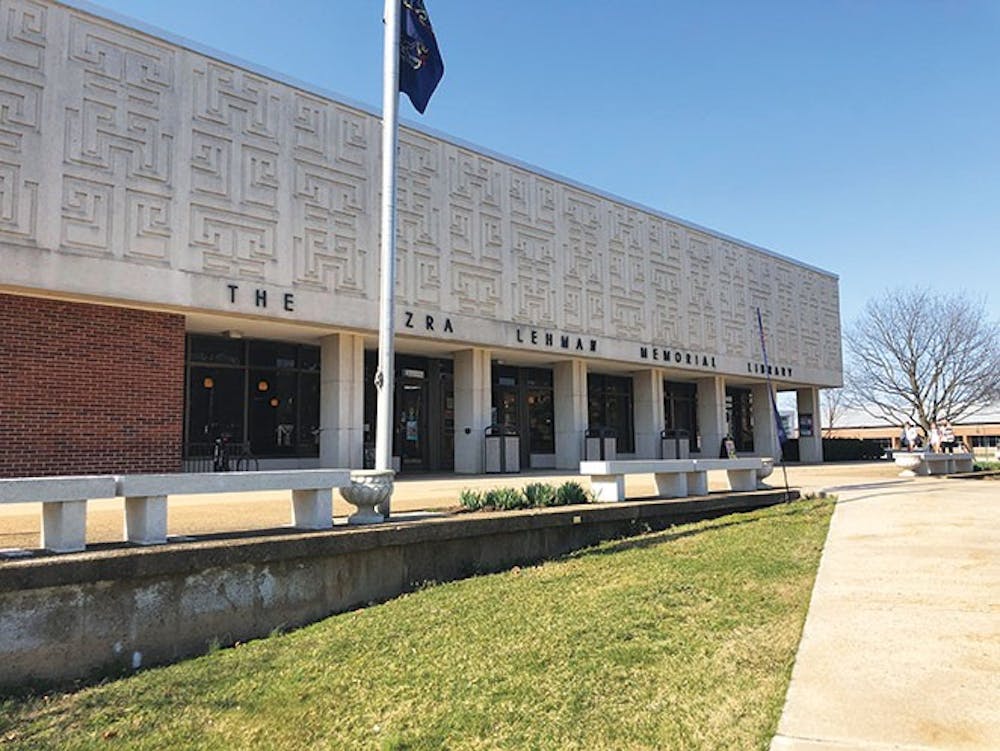History students are working with the Shippensburg University Archives and Special Collections to document the campus community’s experience during the COVID-19 coronavirus pandemic.
Posters reminding you to wash your hands, stickers on the floor designating areas 6-feet-apart and SU branded blue and red face masks will eventually disappear. SU history professor Steven Burg and his “archives and public history” class aim to save evidence of this historic time.
Christy Fic the university archivist and Archives and Special Collections librarian, and Melanie Reed the archives technician, created the project last March in 2020, Reed said. They created a portal on the archives website where campus community members can donate documentation. The site contains items from last spring but is still taking donations.
It has only been a year, but the project is still in its early stages of gathering information, Reed said. All donations are virtual for now, as photos, videos, stories and audio recordings. Physical donations might be accepted in the future, the Archives and Special Collections portal said.
Burg said now is the time to collect evidence and documentation. Evidence of the pandemic’s impact, like posters and socially distanced spaces will likely quickly disappear after the pandemic ends.
Burg has made the archives project part of his curriculum. The students involved are learning skills they will use in their careers. Archivists are the record keepers of institutions and the pandemic provided his students the first-hand opportunity to be archivists, Burg said.
His class looked at a chart of organizations on campus to determine key groups they should reach out too. They wanted to preserve a variety of different experiences. “Hopefully we’ll leave behind future generations a great document of how we as a campus have made it through this experience,” Burg said.
While there is a plethora of things to document, Burg’s students face challenges in their archival work.
Shawn Pokrop, a junior history major with an emphasis in public history, is one of Burg’s student archivists. The hardest part of this project was getting people to talk about their experiences, he said.
“Everyone was affected by this pandemic in different ways and some people lost a lot and some not so much. Many people I’ve talked to about it didn’t really want to open up and relive those memories since they were so recent,” Pokrop said.
Pokrop’s main focus for the project has been documenting the music department, specifically the marching band. As a member of the marching band, Pokrop was easily able to get documents and photos. He had to look through the band's photos and pick ones that showed how they handled the pandemic.
The archives project shows what is considered day-to-day life for the campus right now. However, its purpose is to serve future generations of students to educate them about this historic time.
“This project will impact future students at Ship by showing them what life was like specifically at their college,” Pokrop said. “In the case of COVID-19, most history books will probably talk about places like California or Florida but not Shippensburg or even Pennsylvania. It gives future students the opportunity to see what life was like in their own backyard during these crazy times.”
Pokrop believes that the COVID-19 coronavirus archive will not just educate future generations, but will show that if something like this happens again, Shippensburg University has and will be able to sail through those rough waters.


The Slate welcomes thoughtful discussion on all of our stories, but please keep comments civil and on-topic. Read our full guidelines here.